| Item | General Parameter | Remark |
| Nominal capacity | 1200mAh | Standard discharge( 0.5C5A after Standard charge) |
| Typical capacity | 1260mAh | |
| Nominal Voltage | 3.10V | Mean Operation Voltage |
| Voltage at end of Discharge | 2.00V | Discharge Cut-off Voltage |
| Charging Voltage | 4.00V | Charge Cut-off Voltage |
| Internal Impedance | ≤18mΩ | Internal resistance measured at AC 1KHZ after 50% charge. The measure must uses the new batteries that within one week after shipment and cycles less than 5 times |
| Standard charge | 0.5C5A CC(constant current)charge to 4.0V,then CV(constant voltage 4.0V)charge till charge currnt decline to ≤0.02C | Charge time : Approx 3h |
| Standard discharge | Constant current 0.5C5A end voltage 2.00V | Discharge time : Approx 2.5h |
| Fast charge | Constant Current 1.0C5A Constant Voltage 4.0V 0.02 C5A cut-off | Charge time : Approx 1.5h (Fast charging will cause battery capacity decay, so it is not recommended for customers to use fast charging) |
| Maximum constant Discharge Current | 3.0C5A | constant |
| Maximum Discharge Current | 5.0C5A | Instant |
| Operation Temperature Range | Charge: 0~45℃ | 60±25%R.H. Bare Cell |
| Discharge: -30~60℃ | ||
| Storage Temperature Range | Less than 1 year: -20~25℃ | 25-85%R.H. at the shipment state |
| Less than 3 months: -20~40℃ | ||
| Weight | 38.0±0.5g | cell |
| Cell Dimension | High(Max): 65.3±0.1mm | Initial Dimension |
| Diameter(Max):18.4±0.1mm | ||
| Discharge Capacity Rate | ||
| Charge Current | Discharge Rate | |
| 0.5 C5A | 1.0C5A | 3.0C5A |
| 98.0%~100.0% | 95.0~97.0% | |
A. Yes, we welcome sample order to test and check quality.
A. Sample needs 5-10 days, mass production time needs 3-5 weeks, it depends on order quantity.
A. Yes, we have MOQ for mass production, it depends on the different part numbers. 1~10pcs sample order is available. Low MOQ, 1pc for sample checking is available.
A. We usually ship by DHL, UPS, FedEx or TNT. It usually takes 3-5 days to arrive. Airline and sea shipping is also optional.
A. Firstly let us know your requirements or application. Secondly, We quote according to your requirements or our suggestions for the power inverter 3000w.Thirdly customer confirms the power inverter 3000w samples and places a deposit for formal order. Fourthly We arrange the production.
A. Yes. Please inform us formally before our production and confirm the design firstly based on our sample.
A. All of batteries are 2000 cycles life beyond 80% DOD. with 2 years warranty.
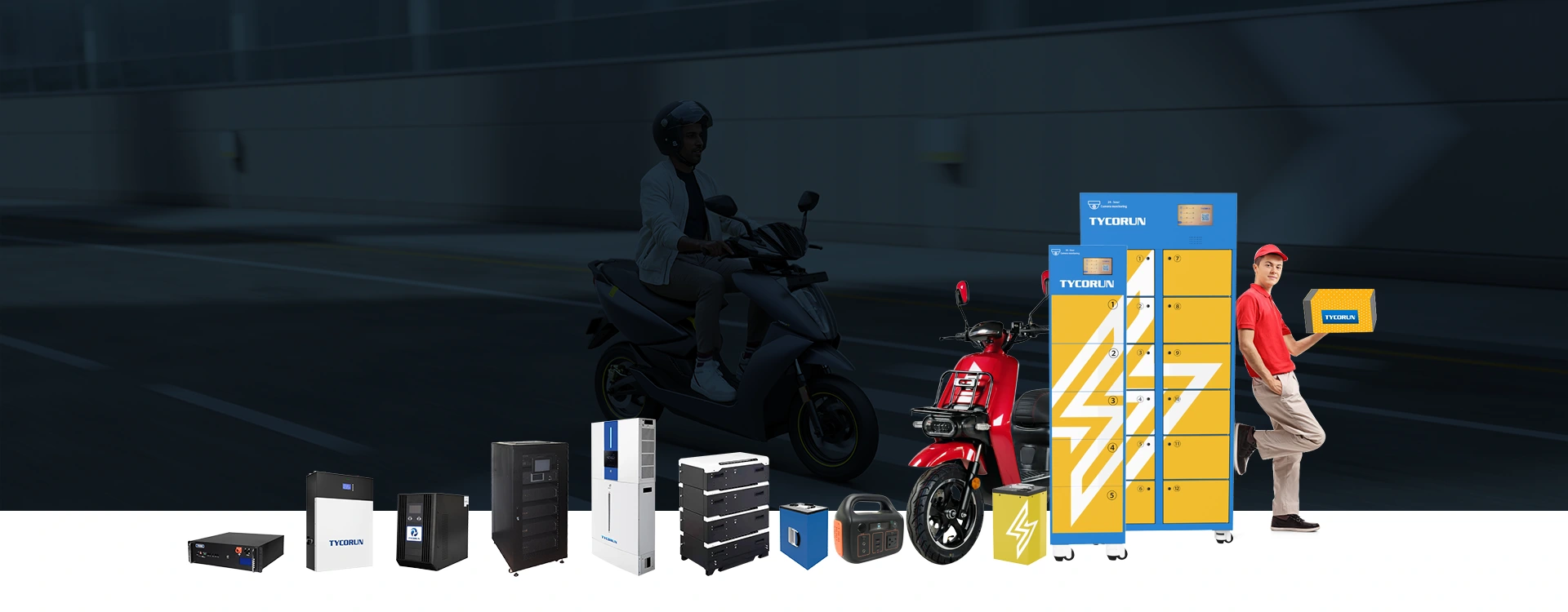
lithium ion battery manufacturing SGS
lithium ion battery factory SGS
TYCORUN BATTERY SGS
18650 sodium ion cell buying guide
Main content:
- Sodium ion cell trends and market
- 18650 sodium ion cell introduction
- Application of 18650 sodium ion cell
- Advantages and disadvantages of 18650 sodium ion cell
- Does 18650 sodium ion cells need BMS
- 18650 sodium ion cell vs 18650 lithium cell – which is better
- How to choose a 18650 sodium ion cell supplier
- How to change and maintain the sodium ion cell
Sodium ion cell trends and market
Sodium-ion batteries are emerging as a promising recourse to lithium-ion batteries due to their lower cost and the abundance of sodium resources. These batteries use sodium ions instead of lithium ions for energy storage and can be produced using existing manufacturing infrastructure for lithium-ion batteries, making them a practical solution for large-scale energy storage applications.
The market introduction of sodium-ion batteries is still in its early stages, with several companies and research institutions working on developing this technology. However, as the demand for renewable energy storage solutions increases, the market for sodium-ion batteries is expected to grow significantly in the coming years.
18650 sodium ion cell introduction
18650 sodium-ion cells are a type of rechargeable battery that uses sodium ions as the charge carriers instead of lithium ions. These cells are named after their size, which is 18mm in diameter and 65mm in length. They have a similar form factor to lithium 18650 battery, making them compatible with existing devices designed for lithium-ion batteries.
The voltage of 18650 sodium ion cell is typically lower than that of lithium-ion cells, with a voltage of around 2.8 to 3.5 volts per cell. This is because the electrochemical properties of sodium-ion cells are different from lithium-ion cells, leading to a lower voltage output.
However, this lower voltage is not necessarily a disadvantage, as it can be compensated by using more cells in series to achieve the desired voltage levels for specific applications. Additionally, the use of sodium-ion cells can offer advantages such as higher safety, lower cost, and better environmental sustainability compared to lithium-ion cells.
Application of 18650 sodium ion cell
18650 sodium ion cell has a variety of potential applications due to their unique characteristics. Some of the applications where they can be used include:
- Energy storage: Sodium ion cell can be used to store renewable energy generated from wind turbines and solar panels. This can help to provide a reliable source of energy when the sun is not shining or the wind is not blowing.
- Electric vehicles: Sodium ion cell can also be used as a power source for electric vehicles. Due to their low cost and abundant availability of sodium resources, they can offer a more affordable alternative to lithium-ion batteries.
- Two wheels motorcycle:Sodium cells have good electrical conductivity, outstanding endurance performance, strong low temperature resistance, good thermal stability, performance between lead-acid batteries and lithium-ion batteries, and the most important thing is low cost, especially suitable as electric two-wheeled motorcycle battery.
- Backup power: Sodium-ion cells can be used as a backup power source for crucial systems such as hospitals, data centres, and telecommunications networks. This can help to ensure that these systems remain operational during power outages.
- Portable electronics: 18650 sodium ion cell can be used to strengthen portable electronics such as smartphones, tablets, and laptops. They can offer a more environmentally sustainable and cost-effective alternative to lithium-ion batteries.
- Off-grid power: In remote areas where there is no access to the power grid, sodium ion cell can be used to provide off-grid power for residences and firms. This can help to improve the standard of living for people living in these areas.
Advantages and disadvantages of 18650 sodium ion cell
18650 sodium ion cell is an emerging technology that has potential advantages and disadvantages compared to other kinds of rechargeable batteries. Some of the main advantages and disadvantages of 18650 sodium-ion cells:
Advantages
- Potentially lower cost: Sodium is a more abundant and less expensive material than lithium, which could make sodium-ion batteries less costly to produce than lithium-ion batteries.
- Improved safety: Sodium-ion batteries are less prone to overheating and thermal runaway than lithium-ion batteries, which makes them potentially safer for use in specific applications.
- Eco-friendliness: Sodium-ion batteries are potentially more environmentally friendly than lithium-ion batteries since they use a more abundant and less toxic material.
- Durability: Sodium-ion batteries have the potential for long cycle life, which means they can be recharged and used many times before needing to be replaced. 18650 sodium ion cell cycle times up to 4000 times.
disadvantages
- Lower energy density: Sodium-ion batteries typically have a lower energy density than lithium-ion batteries, which means they may not be as efficient at storing and releasing energy.
- Limited availability of materials: While sodium is more abundant than lithium, the availability of certain materials needed for sodium-ion batteries, such as high-quality anode materials, is still limited.
- Compatibility issues: Since sodium ion cell has different electrical characteristics than lithium-ion batteries, they may not be compatible with certain electronic devices and systems designed to work with lithium-ion batteries. So the application scenarios are not very extensive.
Does 18650 sodium ion cells need BMS
18650 sodium ion cells require a Battery Management System (BMS) for safe and efficient operation. A BMS is an electronic system that is responsible for monitoring and controlling the charging and discharging of the battery cells. It helps to ensure that the battery operates within safe limits and prevents overcharging over-discharging and over-temperature conditions that can lead to cell damage or failure.
The BMS also balances the charge levels of each cell in a battery pack to ensure that the cells are charged and discharged equally. This helps to prevent any individual cells from being overcharged or over-discharged, which can lead to reduced performance or even catastrophic failure of the entire battery pack.
18650 sodium ion cell vs 18650 lithium cell – which is better
In terms of energy density, lithium-ion cell has a higher energy density than sodium ion cell, which means they can store more energy per unit volume or weight. This makes lithium-ion batteries more convenient for applications where expanse and consequence are a bonus.
On the other hand, sodium ion cell is a more plentiful and less pricey material as compared to lithium, which could make Sodium ion cell less costly to produce than lithium-ion batteries. However, the overall cost of a battery system depends on many factors, including the availability of materials, manufacturing processes, and the scale of production.
Heeding safety, sodium-ion batteries are generally considered to be more secure than lithium-ion batteries as they are less prone to thermal runaway, a phenomenon that can lead to fire or explosion. Both varieties of batteries can be made secure with the relevant technique and safety characteristics.
Regarding cycle life, both types of batteries can have a long cycle life, but at present, lithium-ion batteries have a higher cycle life. Lithium-ion batteries have a well-established supply chain, which means there is a large ecosystem of suppliers and manufacturers that can provide support for these batteries. However, sodium ion cell has not yet been fully popularized, and there are relatively few companies selling sodium ion, so it is not so easy to buy.
The choice between 18650 sodium ion cell and 18650 lithium-ion cells depends on the specific needs of the application, such as cost, energy density, safety, and cycle life. The advantages and disadvantages of each type of battery should be carefully considered before making a decision.
How to choose a 18650 sodium ion cell supplier
It is best to look for 18650 sodium ion cell products from a sodium-ion battery company. You can refer to their research and development patents, product inspection reports, production lines, production capacity, etc. There are many channels for purchasing 18650 sodium ion cells, when choosing the right 18650 Sodium ion cell supplier is an important decision that can impact the performance and safety of your product.
Choosing the right 18650 sodium ion cell supplier requires careful consideration of quality, experience, customization, price, customer service, and delivery. By taking these factors into account, you can select a supplier that provides high-quality, reliable, and cost-effective batteries for your application.
How to change and maintain the sodium ion cell
To change a sodium-ion battery, follow the manufacturer’s instructions for removing the old battery and installing the new one. Sodium-ion batteries are as low maintenance as lithium-ion batteries,to maintain a sodium-ion battery, store it in a cool, dry place, avoid overcharging or over-discharging the storm, and periodically check the battery for signs of damage or deterioration. Consult the manufacturer’s instructions or a qualified technician for specific maintenance requirements.
For changing the sodium ion battery pack, it is not as convenient as changing the remote control battery 18650 sodium ion cell, especially for relatively large equipment such as electric vehicles and electric motorcycles, which will be relatively heavy. However, charging piles and battery swapping station are now popular. Choose the way to obtain a fully charged battery according to the customer’s situation and needs.

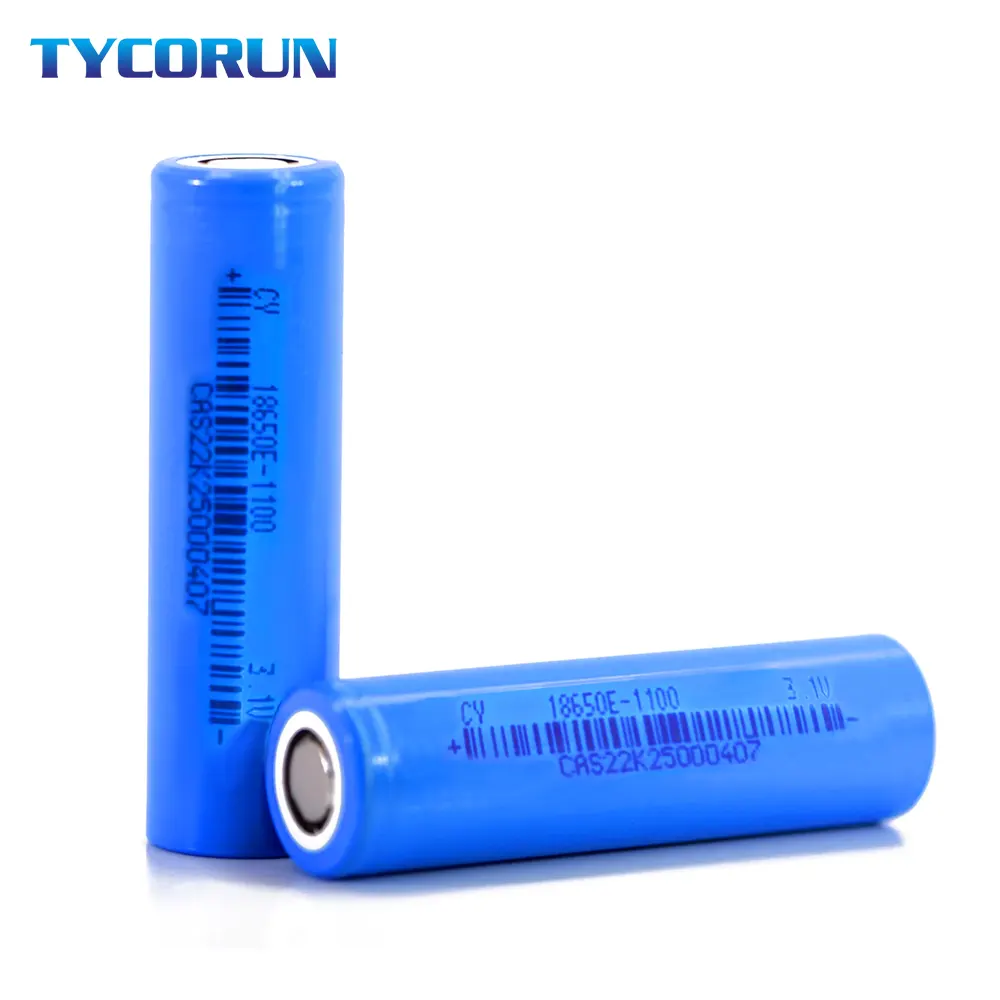
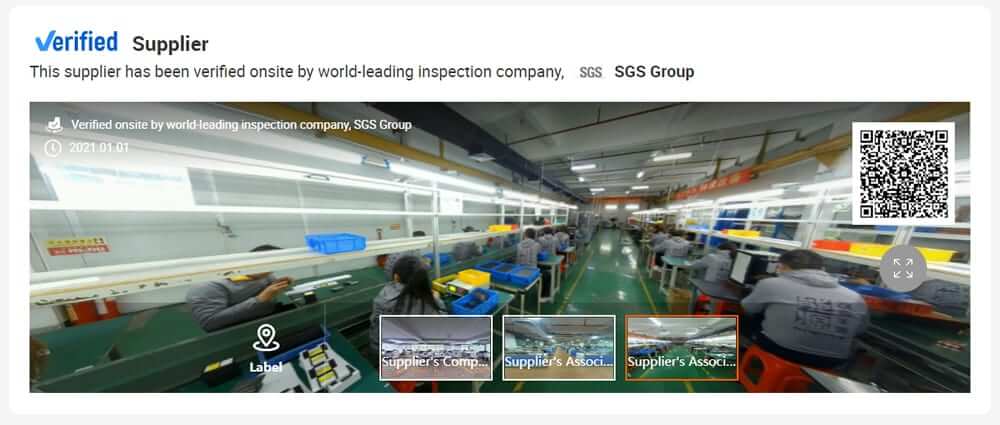

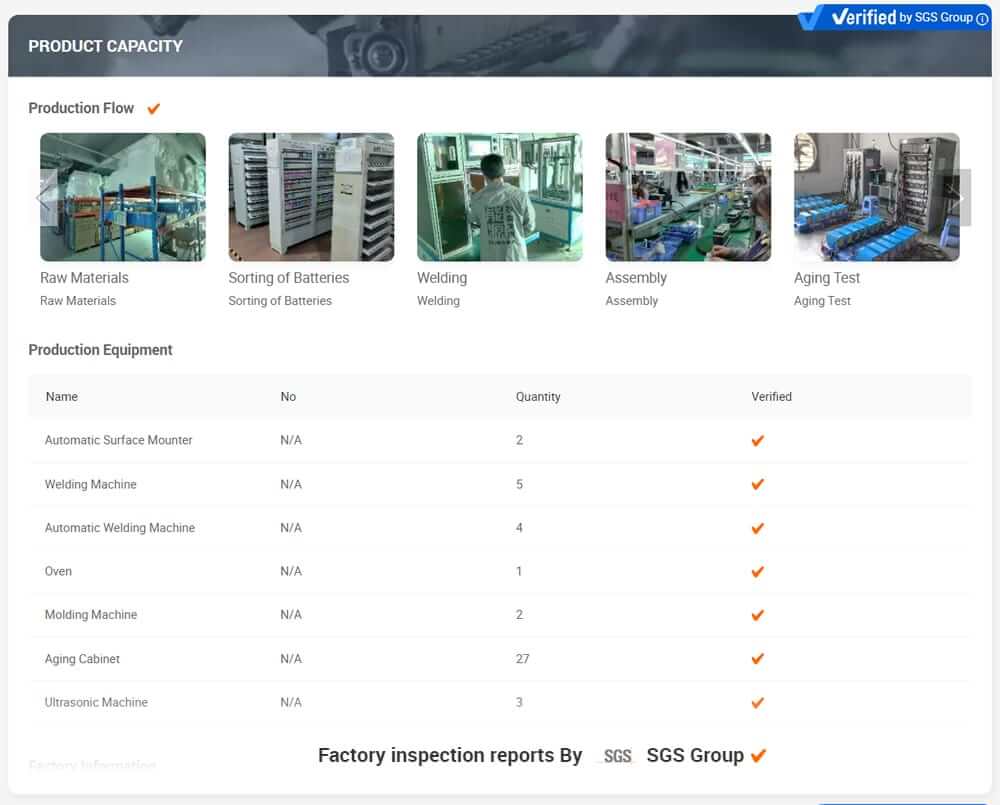


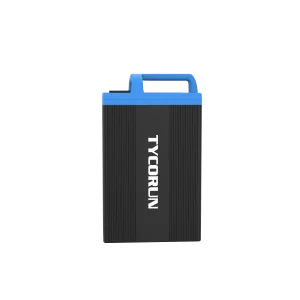
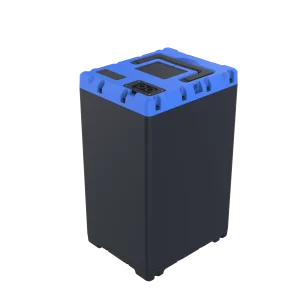
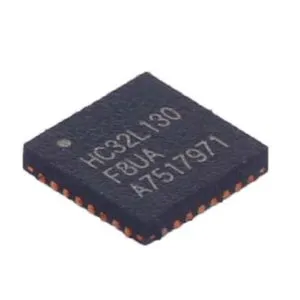
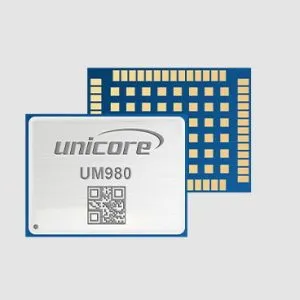
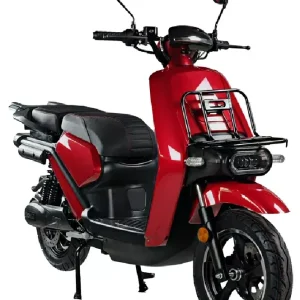
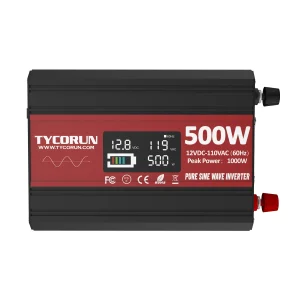
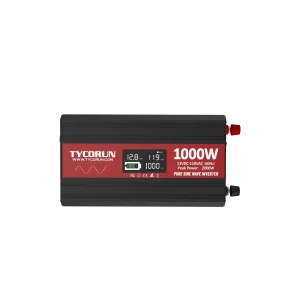
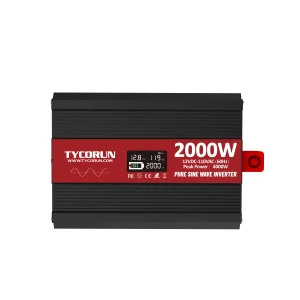







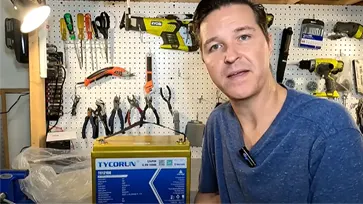
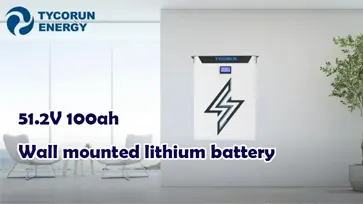
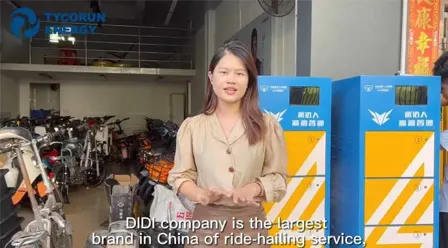
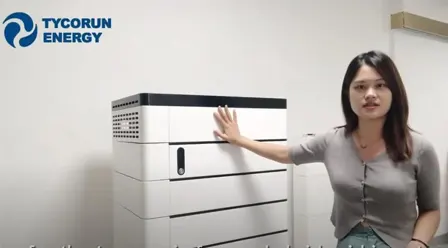
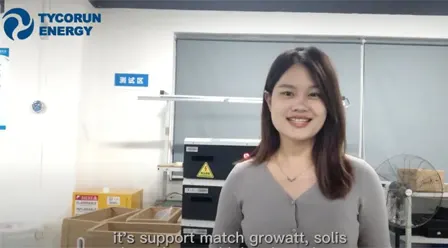
Reviews
There are no reviews yet.